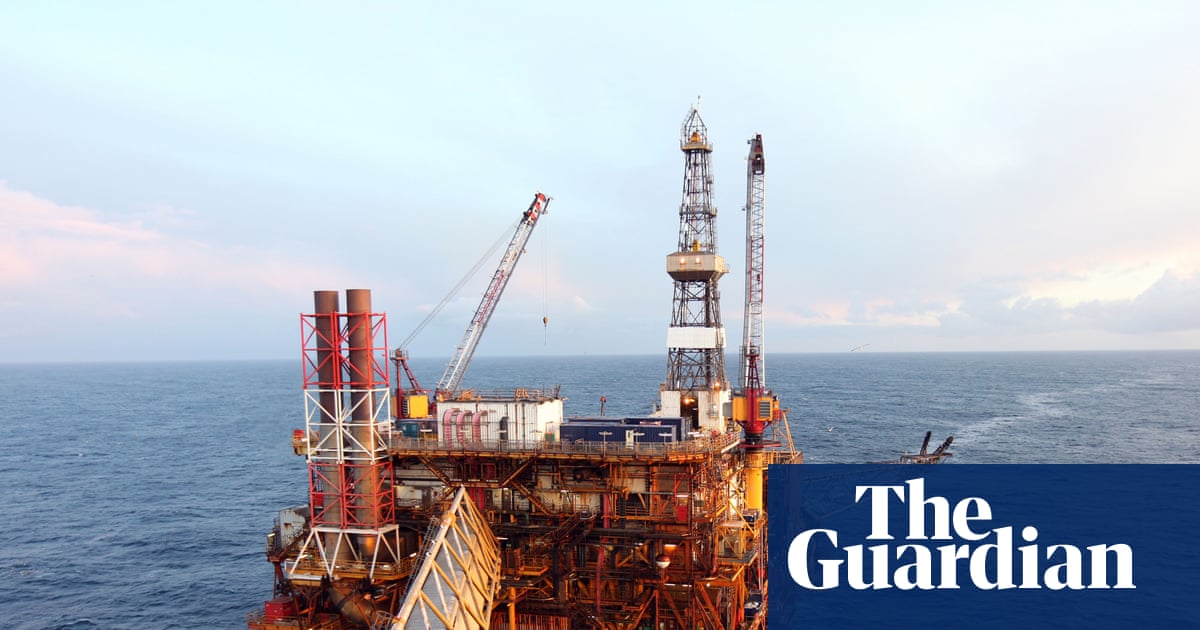
"Back at home, the government says it is sticking to its manifesto pledge by becoming the first major economy to have a 1.5C- and climate science-aligned no new licences position, but it plans to allow some new drilling in oil and gas fields that have existing licenses. The North Sea strategy, released on Wednesday alongside the autumn budget, will introduce transitional energy certificates that will allow new drilling on or near existing fields."
"This government is right to end the fiction of endless drilling. The North Sea is an ageing basin, with most of the gas already burned, and new licensing will do nothing to stem the decline in jobs. We now need this government to be bolder to make sure the jobs and wealth generated from the shift to clean energy reach UK workers and communities, and to ensure we maintain a livable climate."
"Analysis from Uplift, based on NSTA (North Sea Transition Authority) and Rystad data, shows that new discoveries within a 30-mile (50km) radius of existing production sites contain just 25m barrels of oil and another 20m barrels' worth of oil equivalent in gas. For context, the Rosebank oilfield a decision on which is due imminently would involve the extraction of nearly 500m barrels of oil"
The government will adopt a 1.5C- and climate science-aligned no new licences position while permitting limited new drilling tied to existing licences. The North Sea strategy introduces transitional energy certificates, known as tiebacks, to allow new drilling on or near existing fields to keep projects economically viable and managed throughout their lifespan. Environmental campaigners characterise the additional extraction as relatively small and call for stronger action to protect jobs and ensure a fair transition. Analysis indicates new discoveries near existing sites hold roughly 25 million barrels of oil and about 20 million barrels oil equivalent of gas, far smaller than Rosebank's nearly 500 million barrels.
#no-new-oil-and-gas-licences #tieback-transitional-certificates #north-sea-strategy #rosebank-oilfield
Read at www.theguardian.com
Unable to calculate read time
Collection
[
|
...
]